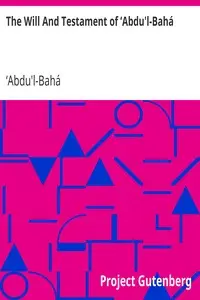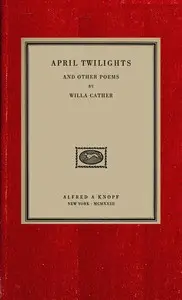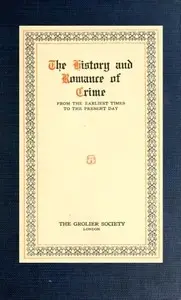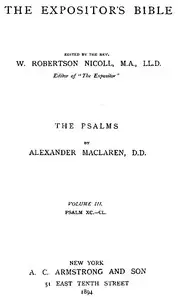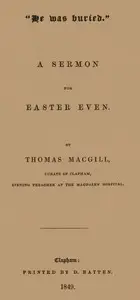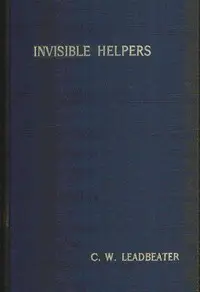"Tablets of the Divine Plan" by ʻAbdu'l-Bahá is a compilation of religious writings produced in the early 20th century, specifically during the years 1916 and 1917. This book serves as a series of epistles directed to Bahá'ís across various regions in the United States and Canada, outlining the spiritual responsibilities and duties of the followers of the Bahá'í Faith. The central theme of the work focuses on the promotion of unity, the spreading of divine teachings, and the establishment of a global community infused with the principles of oneness and peace. In the "Tablets of the Divine Plan," ʻAbdu'l-Bahá emphasizes the importance of active engagement by believers to awaken the spiritual awareness of humanity. Addressing different geographic regions, he encourages Bahá'ís to travel, teach, and share their faith, drawing upon the metaphor of divine agriculture where believers are likened to farmers planting seeds of enlightenment. Through a series of exhortations, he highlights the transformative power of love, unity, and service to humanity, urging each individual to embrace their role in advancing divine teachings and contributing to the creation of a just and harmonious society. The tablets underscore a vision of a world where the teachings of Bahá'u'lláh can awaken the dormant potential within every individual, fostering global connection and understanding among diverse communities. (This is an automatically generated summary.)

Tablets of the Divine Plan
By ʻAbdu'l-Bahá
"Tablets of the Divine Plan" by ʻAbdu'l-Bahá is a compilation of religious writings produced in the early 20th century, specifically during the years ...
Genres
Released
2006-09-18
Formats
mobi (images)
mobi
epub3 (images)
epub
epub (images)
Free Download
Overview
About the Author
ʻAbdu'l-Bahá, born ʻAbbás, was the eldest son of Baháʼu'lláh, founder of the Bahá’í Faith who designated him to be his successor and head of the Baháʼí Faith from 1892 until 1921. ʻAbdu'l-Bahá was later cited as the last of three "central figures" of the religion, along with Baháʼu'lláh and the Báb, and his writings and authenticated talks are regarded as sources of Baháʼí sacred literature.
Total Reviews
10.0k
Total reviews from Goodreads may change



